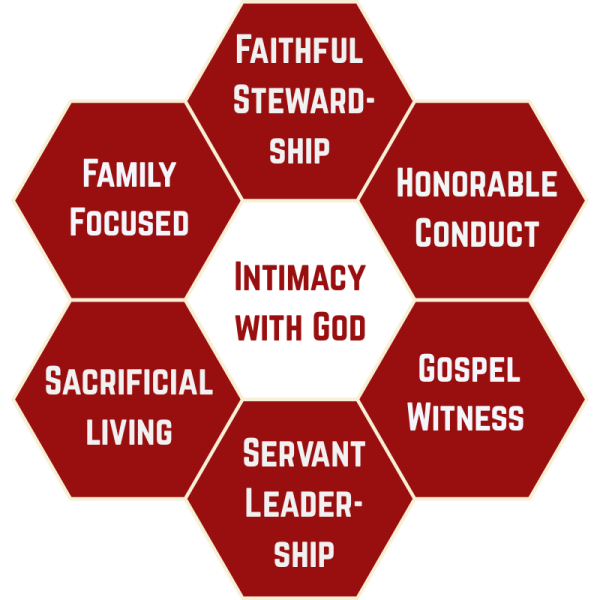
The Need for the Discipulus Creed
Hebrews 5:11–6:3 reminds us that believers are not to remain infants in the faith but to press on toward maturity. ). Doctrinal teaching provides the foundation, but spiritual maturity is seen in character, conduct, and daily faithfulness. Christian leaders are called to live lives that are visible, measurable, and exemplary, and having public conduct that honors Christ.
The Church and ministries benefit greatly when their leaders shine with Christlike maturity, inspiring members, modeling integrity, and strengthening witness to the world. But to sustain this, leaders need a shared standard of accountability and commitment.
By adopting the Creed, leaders declare their desire to grow into maturity, remain accountable, and serve in unity for the glory of Christ
